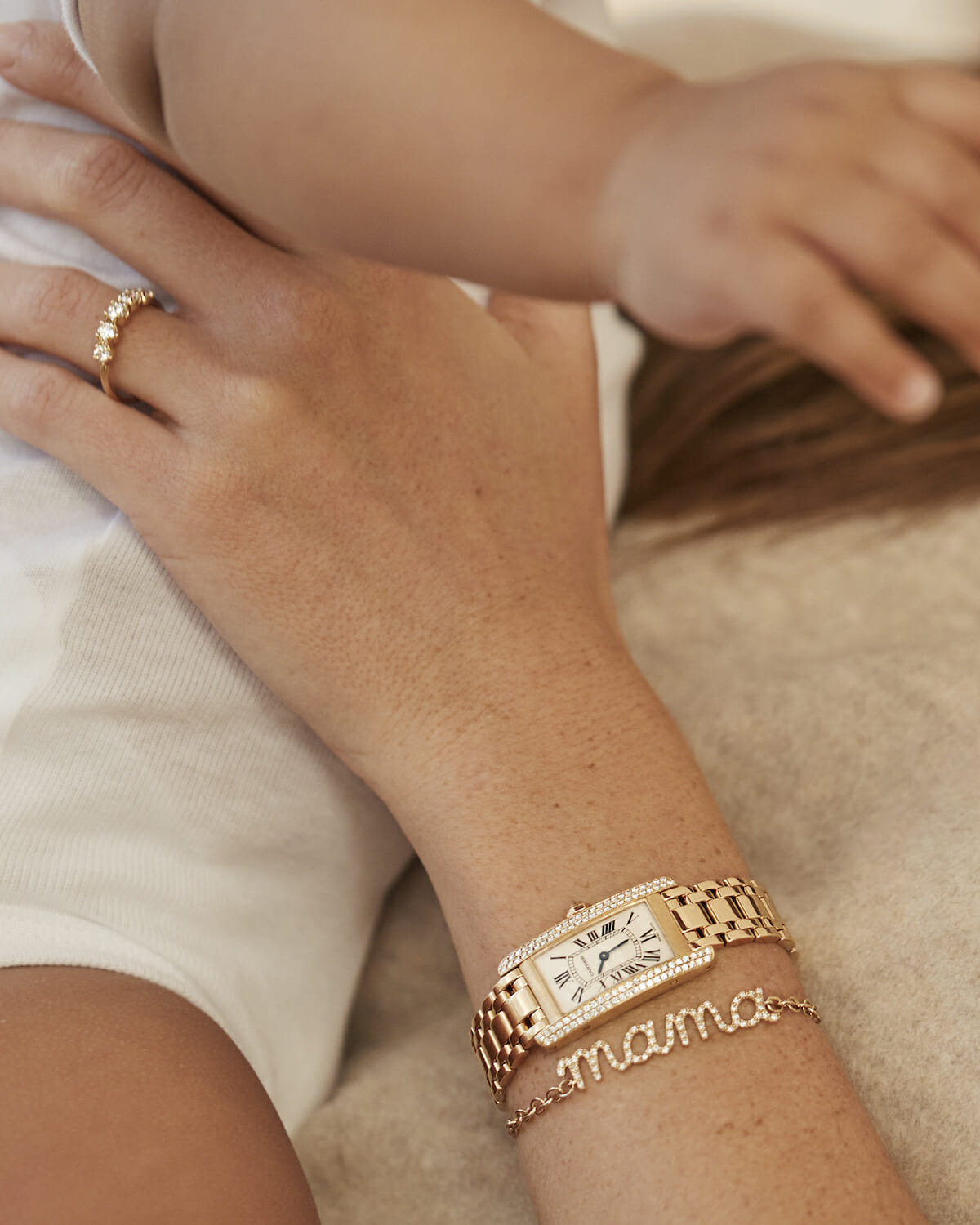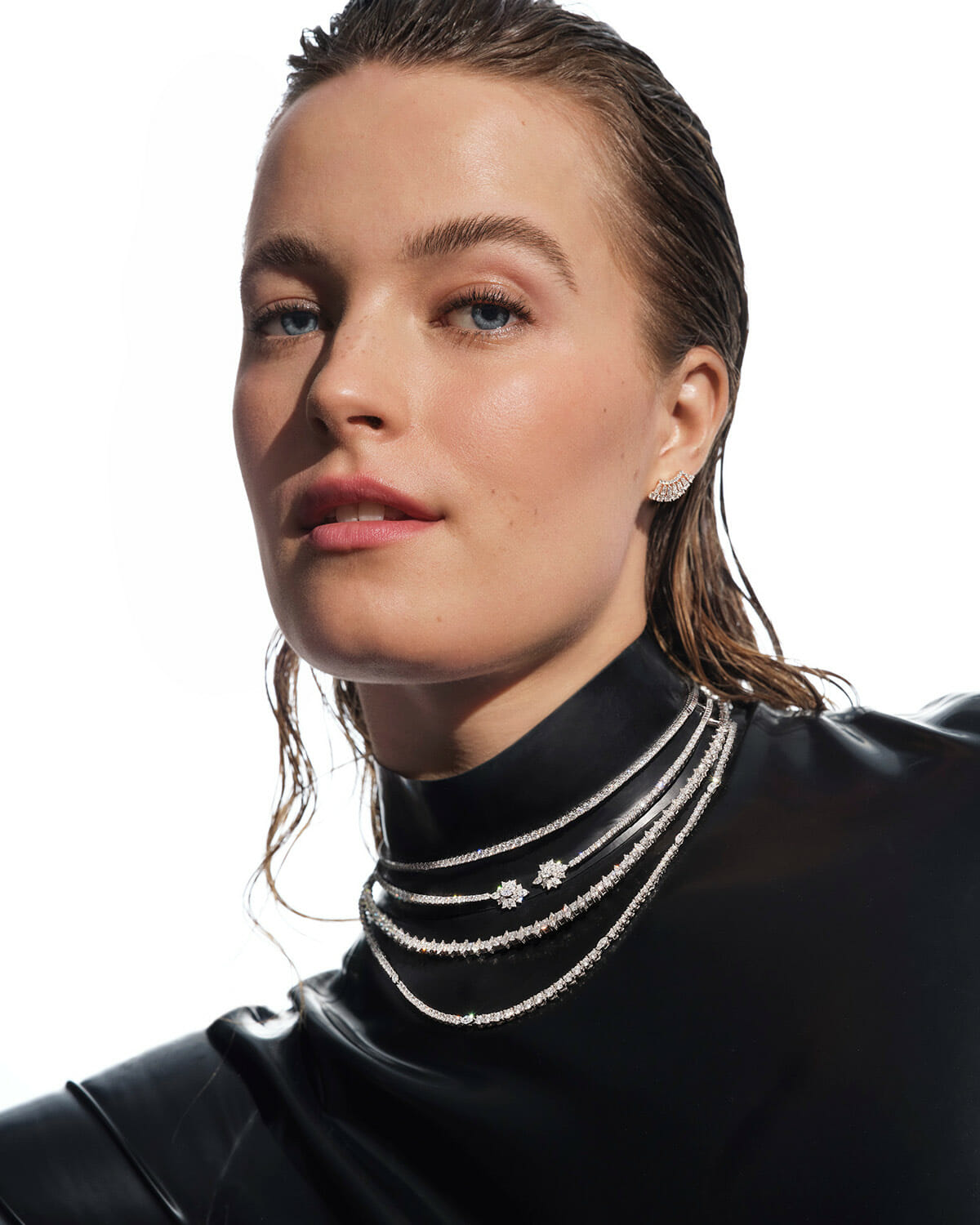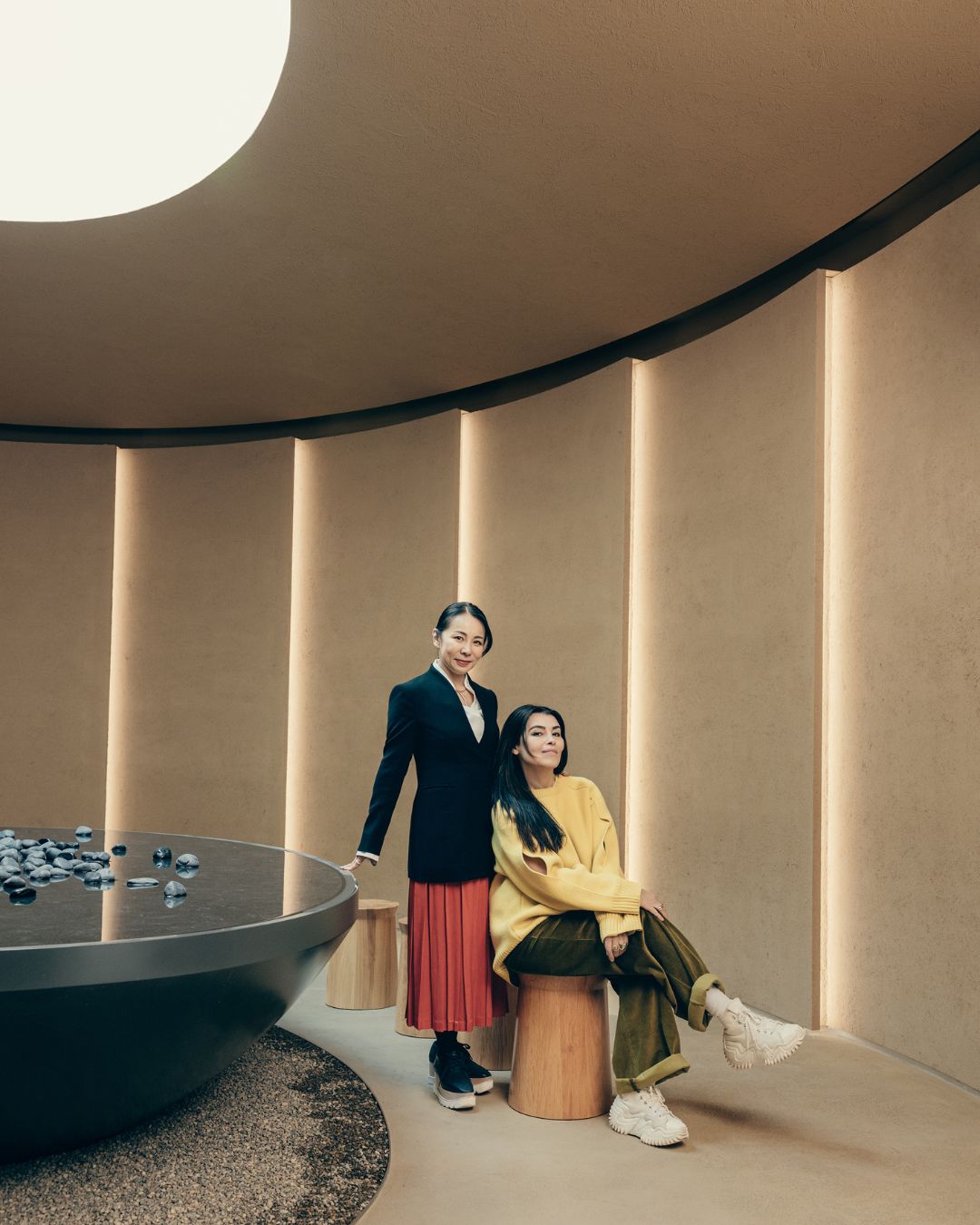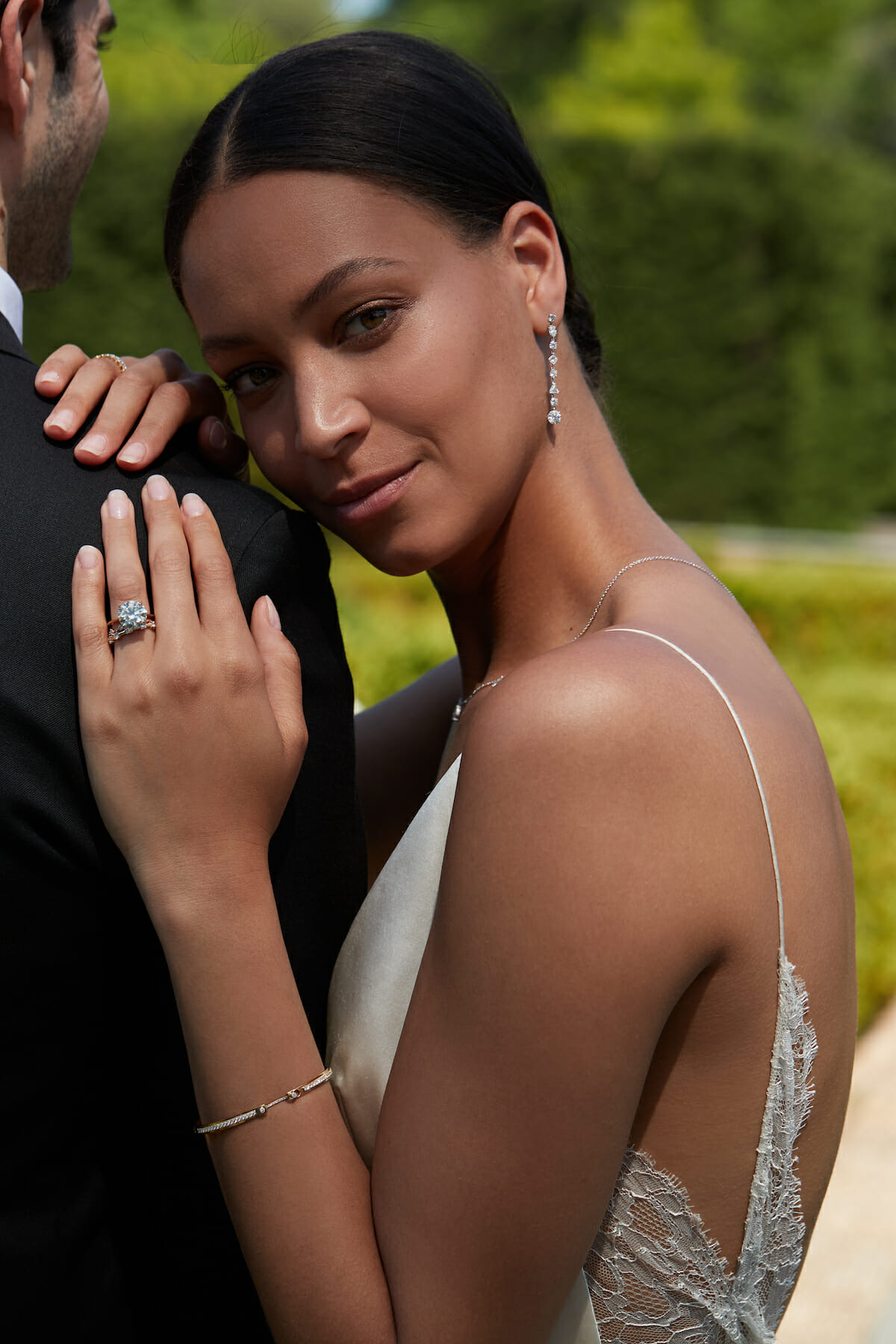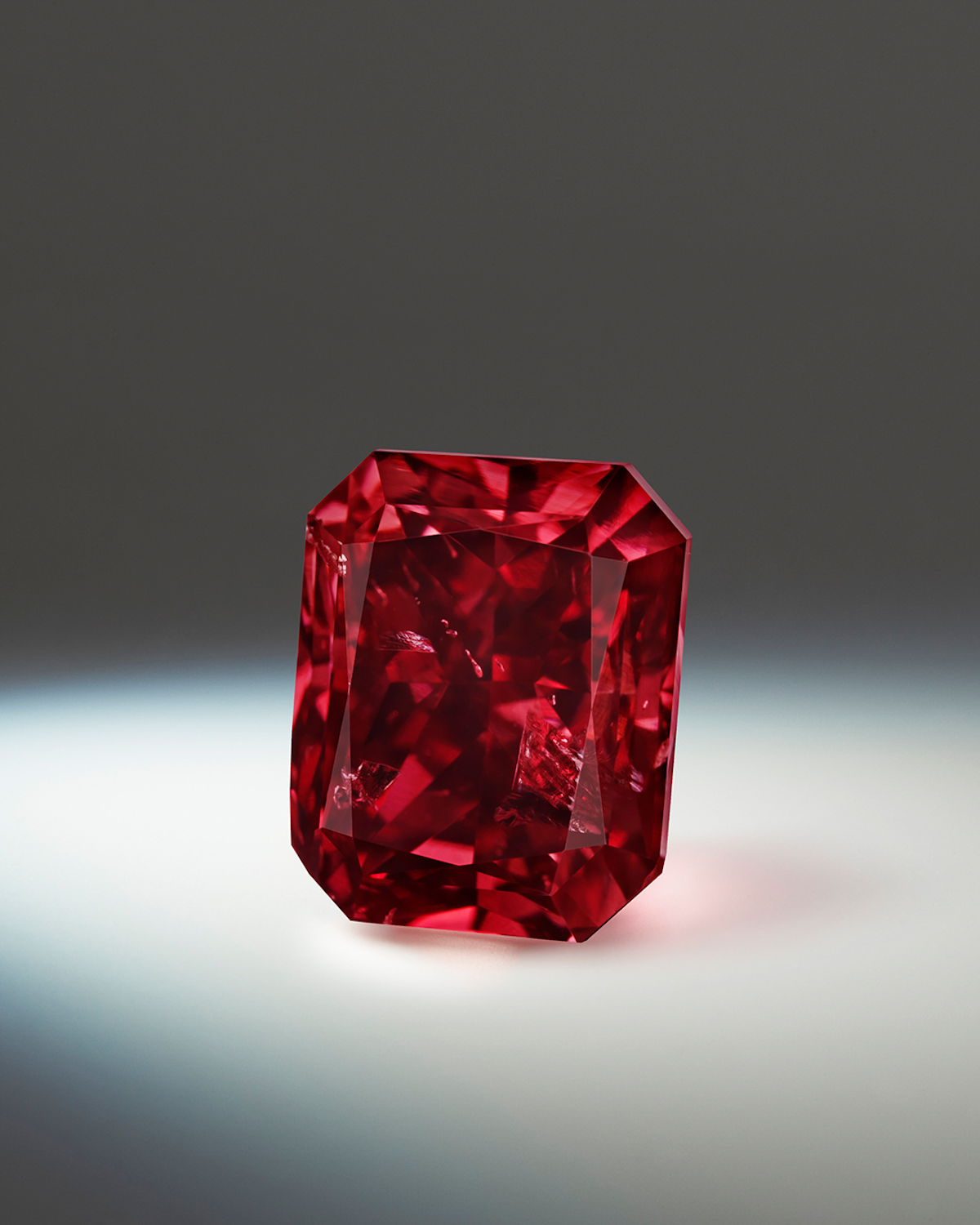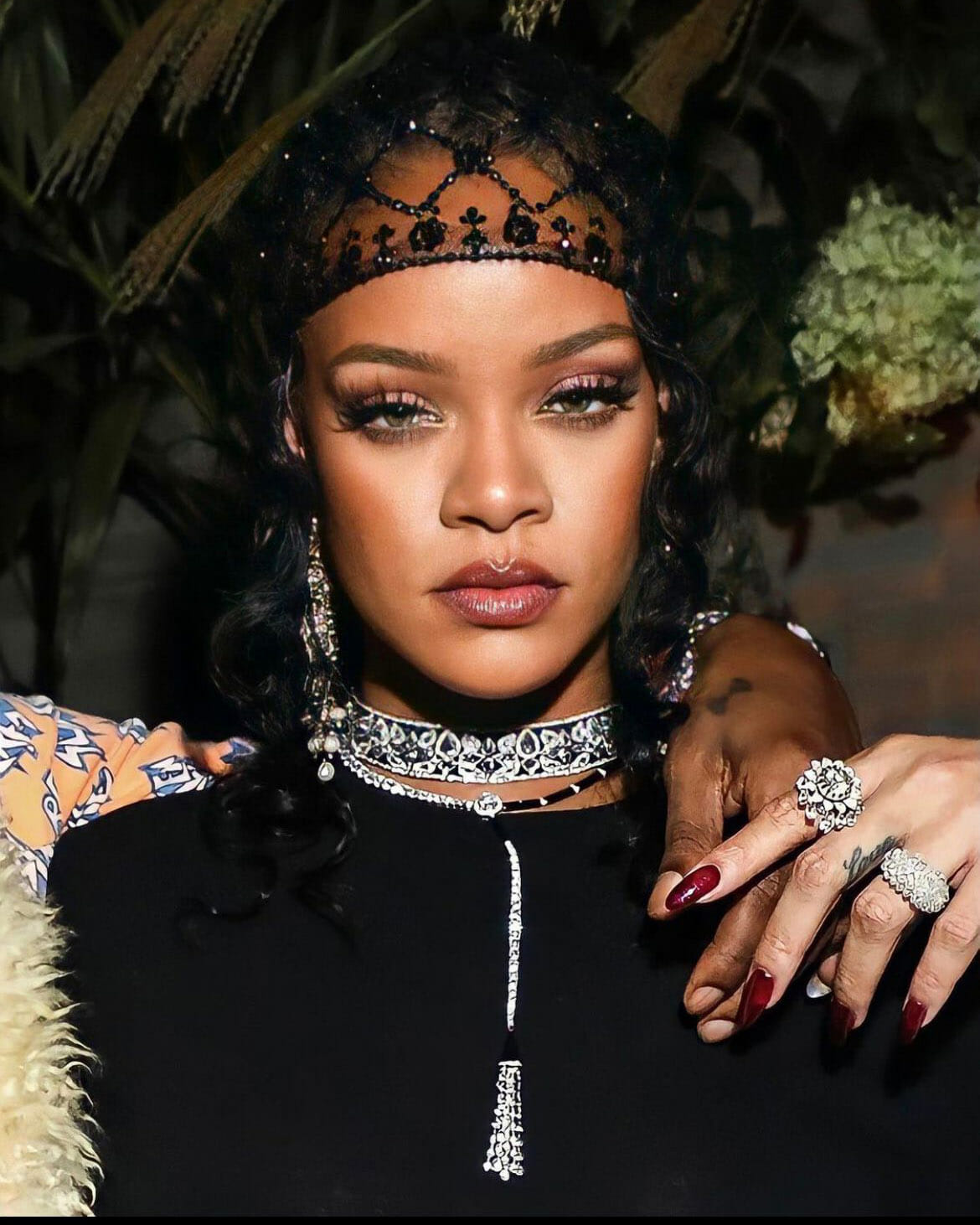Le Grand Mazarin Diamond: The History of One of the Most Famous French Crown Jewels
The epic fate of an heirloom diamond like no other, Le Grand Mazarin. Bequeathed to Louis XIV by his minister, Cardinal Mazarin, it was set on each crown of France until the last French Emperor.
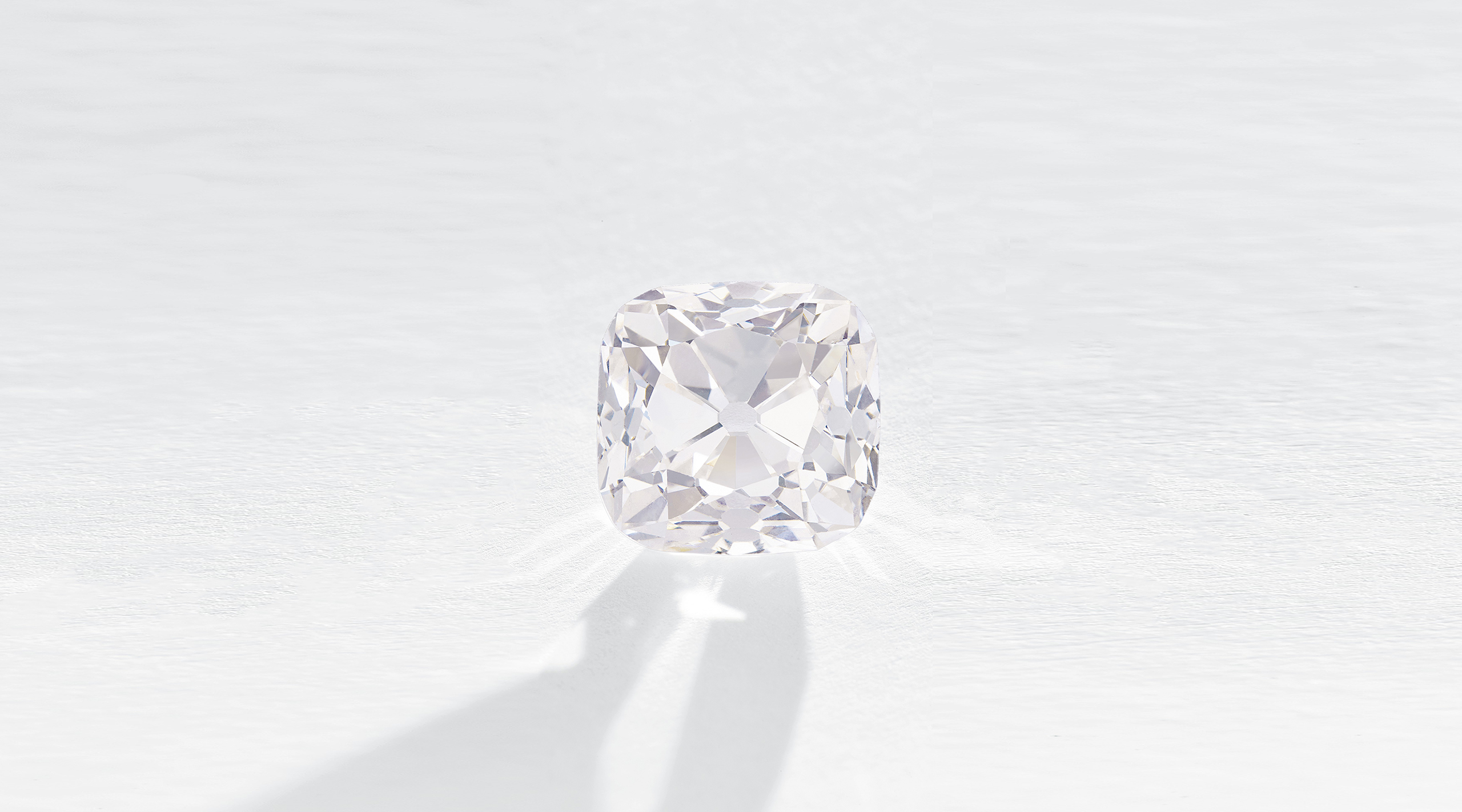
Some diamonds live up to their names. Le Grand Mazarin is one of them. It is an exceptionally large 19.07-carat pink diamond. Besides, it has adorned the crowns of all French royalty for more than two centuries. This surely is the ultimate in upcycling. But this crown jewel is firstly an impressive testimony to a politician’s passion for power – that of Cardinal Mazarin.
The Grand Mazarin Diamond as Big as Mazarin’s Power
Every man who has tasted power will always want more, says the legend. His Eminence Cardinal Mazarin was the Chief Minister of France from 1642 to 1661. He ruled under two kings. In between, he also governed under the regency of Anne of Austria, when Louis XIV was a child. But it wasn’t enough for him. On his deathbed, Mazarin chose to never give up power. His clinching argument: a priceless diamond from the legendary mines of Golconda, the Le Grand Mazarin diamond.
In several decades at the helm of the Kingdom of France, Cardinal Mazarin had accumulated wealth beyond reason. Yet, he is remembered for his diamond collection. Although he liked emeralds, natural diamonds were his true passion. At the court of Louis XIV, even clergymen wore at least as much jewelry as women.
Mazarin’s transactions are difficult to trace. One thing is for sure: He acquired and collected the most exceptional diamond stones ever. He had his own trusted jewelers. He is famous for being the first to have financed the trips of Jean-Baptiste Tavernier to India. Tavernier is rightly considered the pioneer of the diamond trade. The latter contributed to Louis XIV’s reputation of being the inventor of High Jewelry.
Diamond Jewelry Upcycling for the Royals
Mazarin bequeathed 18 diamond jewels to the crown of France. But he asked that they would never be modified. A smart request indeed: Upcycling a diamond jewel to a more modern jewelry setting is quite usual, but a new cut would result in lesser diamond carats, hence a decrease in value.
Colored diamonds were not in vogue in the 17th century. Thus, the Sun King learned to love pink diamonds thanks to his former tutor, Mazarin, to whom he already owed all his education.
Passionate about Le Grand Mazarin diamond, the Cardinal is said to have planned its future before dying: The Grand Mazarin diamond, he insisted, should forever bear his name. Also, it should be set on every future crown of France.
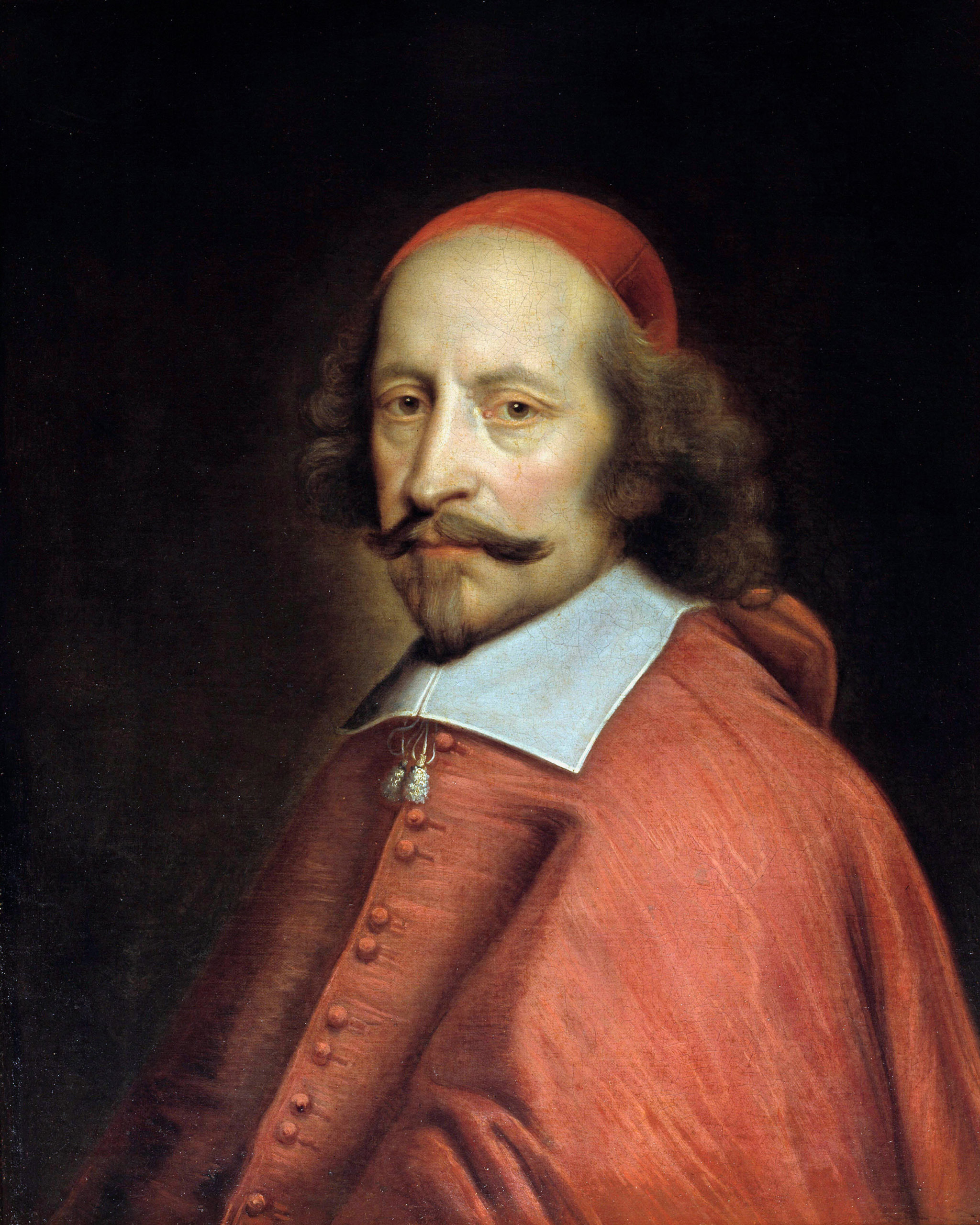

History Etched in a Diamond
In 1792, Louis XVI had to give up all the crown jewels, but a major burglary led to the disappearance of Le Grand Mazarin diamond. Several thieves were sentenced to death. Most of the diamonds were never returned. However, ultimately, a thief traded the Mazarin diamond for his life.
The legacy of Le Grand Mazarin is enduring. In 225 years, four kings, four queens, two emperors and two empresses wore it. The beloved Louis XV did, and so did Louis XVI—
and even self-crowned Napoleon. Did they have a thought for Mazarin during their coronation? Probably not. But on that solemn moment, the Grand Mazarin diamond was arguably the closest to power than any other thing or being. This is how natural diamonds transcend generations, politics, and times.
The last crowned head to wear Le Grand Mazarin diamond was Empress Eugénie, the elegant and romantic wife of Napoleon III. After the Emperor’s defeat in the Franco-Prussian War, some of the country’s debts were paid off by the controversial sale of the French Crown Jewels. For Le Grand Mazarin, the buyer was none other than Frederic Boucheron, founder of the eponymous jewelry house.
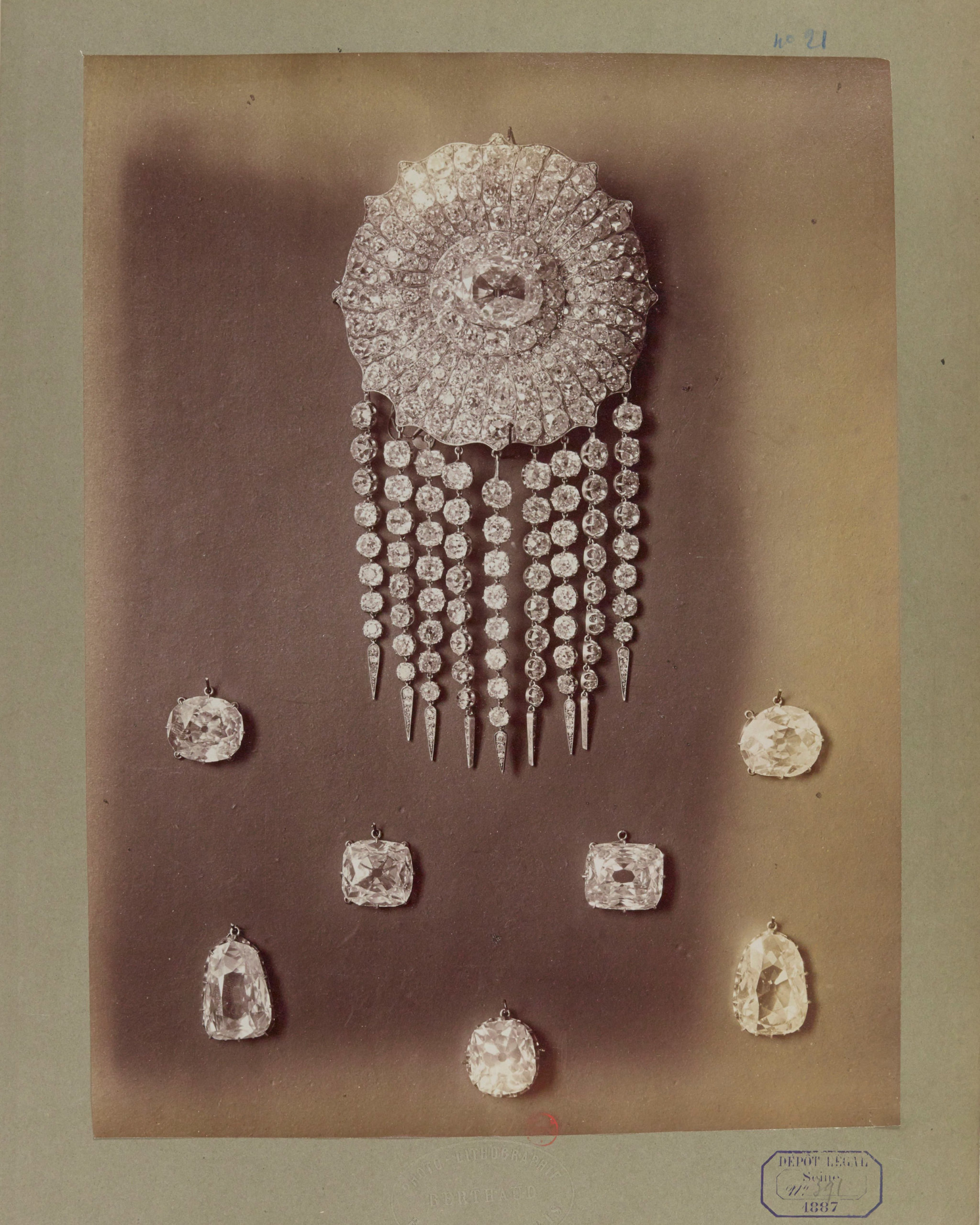
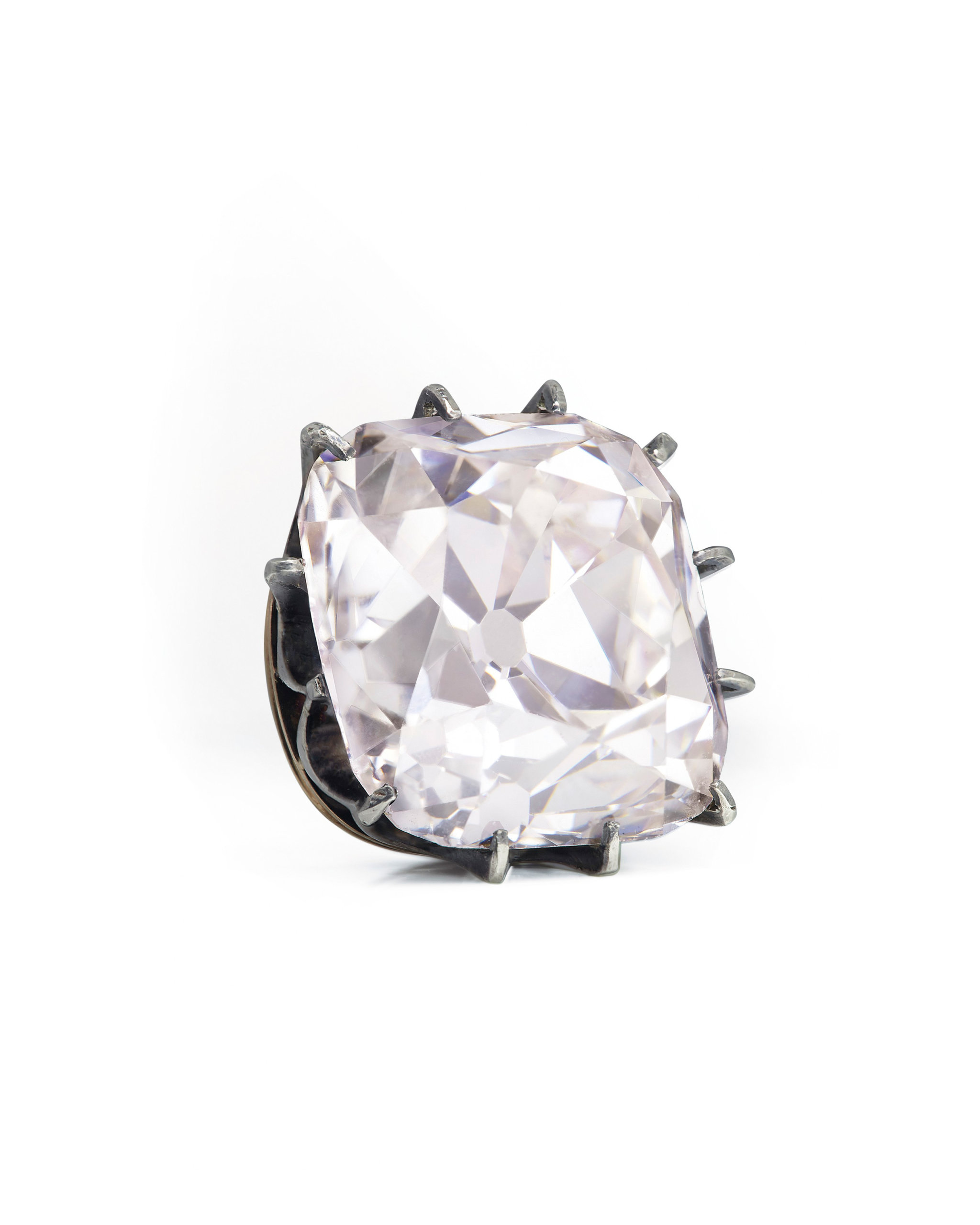
Le Grand Mazarin: A Diamond More Valuable Than Ever
Christie’s auctioned the diamond gem in 2017, 130 years after its first sale. Memorabilia of over two centuries of France’s splendor, the diamond jewel sold for $14,463,493.
The historic value of Le Grand Mazarin surely played an important role in its price. Yet, any gemologist would argue that the pedigree of the diamond itself could justify these millions. It was extracted at Golconda. This part of the Indian plateau of Deccan is where some of the most epic diamonds were unearthed: the Koh-I-Noor, the Regent, the Wittelsbach-Graff. These diamond mines are renowned for their signature diamond clarity.
Le Grand Mazarin diamond is so clear that its pale pink hue does not even show at first sight. This makes it one of the purest natural wonders on earth. Who could blame Mazarin for securing the future of his favorite diamond before parting from it? Thanks to the Cardinal’s exacting instructions to the Sun King, Le Grand Mazarin still rules over someone’s private kingdom today.
